When it comes to bodyweight workouts, few exercises are as well-known as the pull-up and the chin-up. But what's the difference? After reading this article, you will know!
How to Do a Chin-Up or Pull-Up

Jump up and grab an overhead horizontal bar, like the one on your Pullup & Dip bar. Use an overhand grip where your palms are facing outward and away from you. This is a pull-up.

Alternatively, you can face your palms inward with an underhand grip. That is a chin-up.
Tighten and brace your core while avoiding the temptation to kick or sway your legs. If it helps, cross one leg over the other leg. This helps to keep your lower body steady. From the side, your body should form a straight line with your head in a neutral position.
Take a deep breath and slowly pull yourself upward with control. As you pull yourself up, keep your elbows tucked in toward your side. Continue to pull upward until your chin is level or just pass the horizontal bar. Pause, then lower yourself back down.
The key difference is your pull-up grip position. An easy way to remember which is which is when your palms face your chin, it’s a chin-up.
Check out our Pullup and Dip Bar here!
[product="P-00062"]
Chin-Ups Versus Pull-Ups: 3 Things to Consider
Which exercise is better depends on your goals and what you’re trying to accomplish. Here are a few things to consider when comparing the two exercises.
1. What’s your fitness progress?

While both workouts are very effective, many beginners find chin-ups are easier to do. If you’re just starting out, work on perfecting the chin-up before progressing to a pull-up. If you’ve been exercising for a while and can easily do both exercises, add resistance by strapping a weight to your belt.
2. How broad is your rotation abilities?

In contrast, a pull-up’s palms-facing-forward position puts more strain on your shoulders. Compared to chin-ups, a pull-up also has a higher risk of injury. That’s why some people, especially those with shoulder issues, prefer the chin-up for its more natural, gentler approach to movement.
3. What muscles do you want to target?

Both workouts are effective at building impressive arm size and strength, but the best workout depends on which part of your arm you want to hit. Pull-ups are better at building your forearm strength, while your biceps benefit more from chin-ups. In fact, a personal trainer study found that chin-ups are one of the most effective bicep workouts.
Overall, the chin-up is also better for an arm workout while the pull-up incorporates more back muscles.
A Sample Pull-Up and Chin-Up Workout
As you can see, there are some key differences between these two exercises. Why force yourself to choose between the two? Using your Pullup & Dip bar, incorporate both exercises into a powerful upper body routine. Try the following sample schedule before doing a lower-body workout.
Week 1
Day 1: 3 sets of 5 repetitions of pull-ups
Day 2: 3 sets of 8-10 repetitions of chin-ups
Day 3: A pull-up pyramid of 2, 4, 6, 8 and 10. Rest for a minute between each set. Once you hit 10, work your way back down to 2.
Week 2
Day 1: 3 x 5 pull-ups
Day 2: 3 x 8-10 chin-ups
Day 3: Pullup, pyramid – 2, 4, 6, 8, 10. Try and go longer than you did last week.
Week 3:
Day 1: 4 x 5 pull-ups
Day 2: 4 x 8-10 chin-ups
Day 3: Pullup, pyramid – 2, 4, 6, 8, 10. Try and go longer than you did last week.
Are you looking for a suitable pull-up bar? We at Pullup & Dip offer you various high quality and unique pull-up bars. Go check them out now!

Recommendes articles:
How to achieve 20 pull-ups in a row - 7 tips
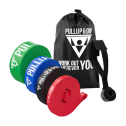
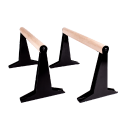
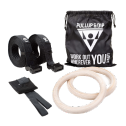

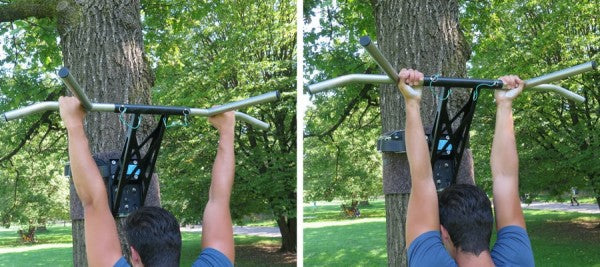
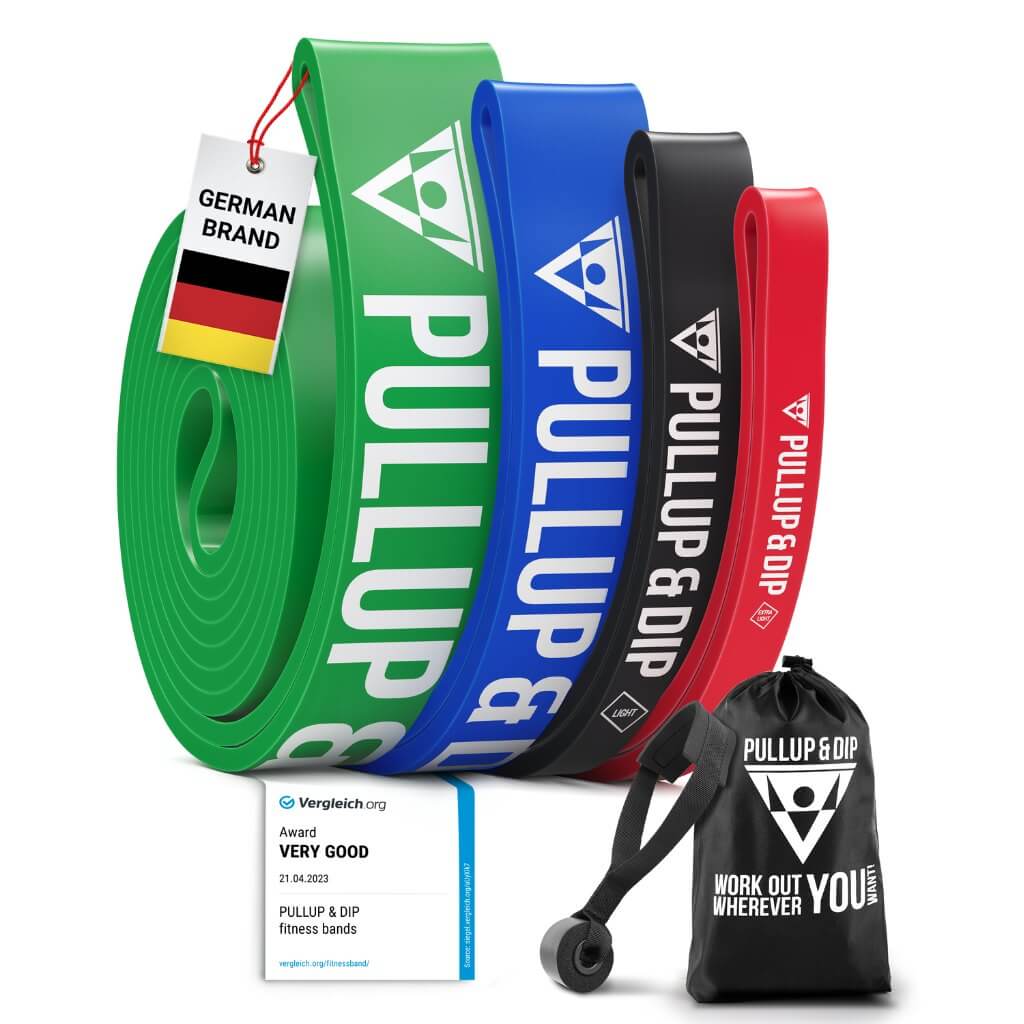
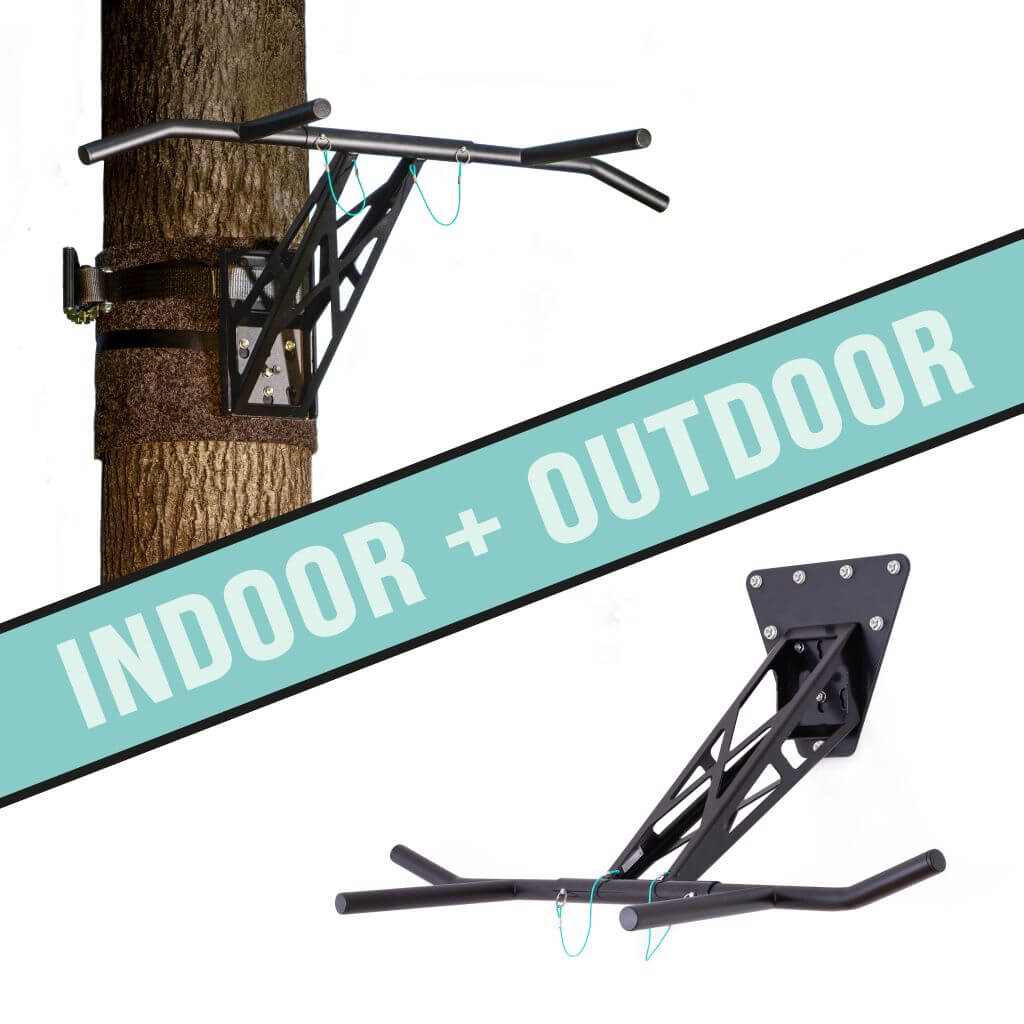
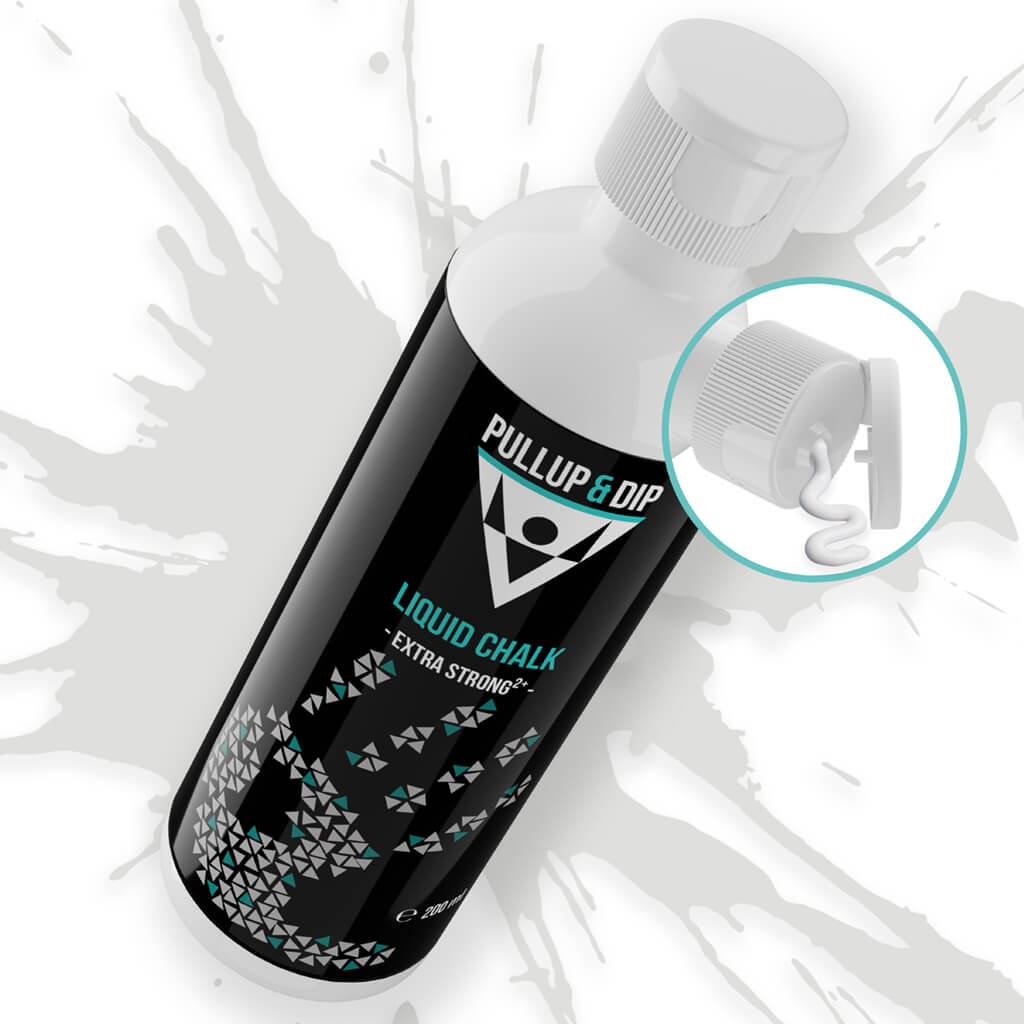
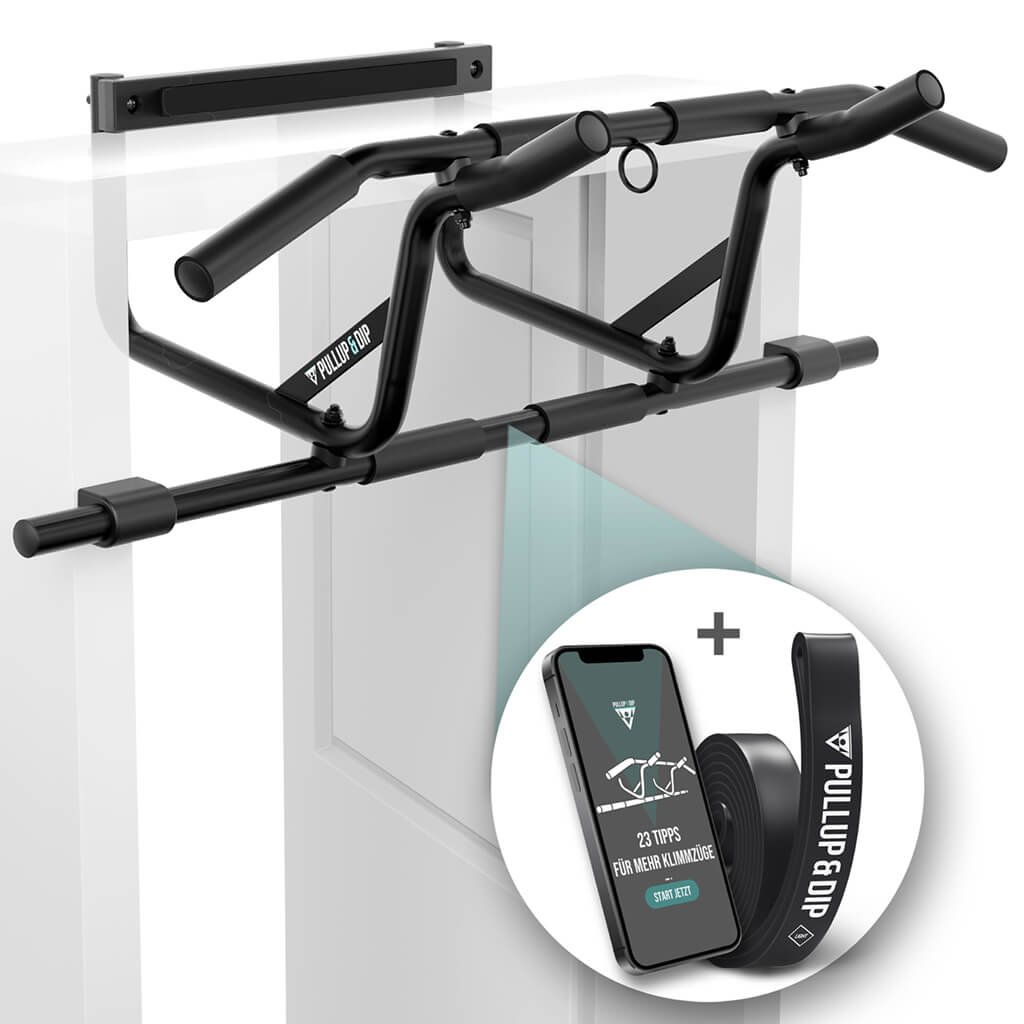
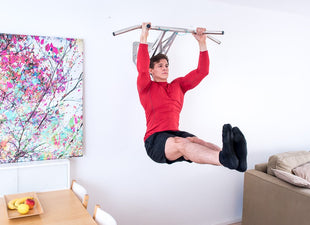
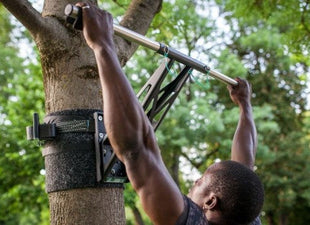

Leave a comment
All comments are moderated before being published.
This site is protected by hCaptcha and the hCaptcha Privacy Policy and Terms of Service apply.